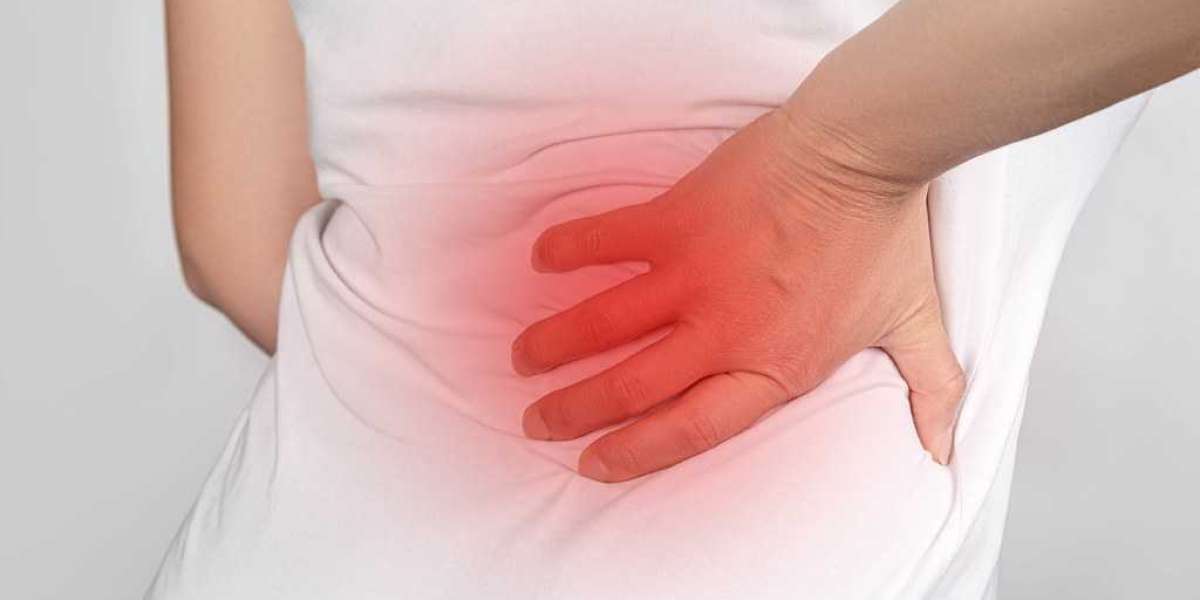How to Treat Back Pain with Ease There is a myriad of ways to reduce your back pain and avoid the onset of it. Heat therapy, exercise-epidural injections, and rest are among the choices. Below are some of the best techniques to alleviate back discomfort. If none of the methods appear to be working for you, you might want to consider consulting with a physician. Before you go to a doctor, be aware that the most effective solution is one that doesn't just provide some relief but also reduces the swelling.
Exercise
There are a variety of exercises offered to relieve acute back pain. Stabilization exercises, also referred to in the context of "core workouts," strengthen the muscles around the spine. This kind of workout is great for people who do not have six-pack abs! Pilates is a physical workout invented by Joseph Pilates in the 1920s. It is a low-impact endurance exercise that combines low-impact movements and builds the strength of muscles. It is great for those suffering from lower back pain.
Start with a gradual increase in your physical exercise. It is crucial not to engage in exercises that cause your back pain to get worse before it improves. Also, it is important not to begin exercising excessively or at a high speed. Exercise can help you ease pain and return to your routine. The earlier you begin exercising, the better. However, make sure that you're not working too much. If you're not sure, consult a physiotherapist or doctor in case you're worried. By blocking the flow of pain signals through the neurons to the brain, the pain-killer Pain O Soma relaxes muscles. The pain of a skeletal muscle or injury is treated by Pain O Soma 350mg, or Pain O Soma 500mg, as well as rest and physical therapy.
The therapy of heat
Back pain that is acute can be extremely painful and can make it difficult for you to perform your daily tasks. While cold therapy can be beneficial in the case of an acute injury, heat is more effective in chronic conditions. While cold therapy can reduce swelling and cause a numbing sensation, warmth can improve mobility, circulation, and overall function. It also delivers nutrients to damaged tissues. The session with heat therapy could range from twenty-four hours to forty-eight hours.
One of the advantages of using heat therapy is its ability to be used anywhere, at any time. You can use the bottle with hot water with the desired amount of heat and then directly apply it to the area affected. After exercise, wait for the temperature of the skin to be back to normal before applying heat. The wraps can also be used to provide low-level, continuous heating for a prolonged period of time. Heating therapy can help relieve acute back pain as well as other types of musculoskeletal discomfort. For greater relief, it can be utilised in conjunction with various treatments.
Epidural injections
The pain in your back can be painful and can hinder your daily activities. It can start as a mild pain or a sharp jolt and get worse with time. There are many options for treatment that can be conservative, including treatment with medication, physical therapy, and behavior modification. An epidural injection is used to inject an anti-inflammatory medicine into the spine. This helps to reduce pain and heal the injury. If the treatment options are not working, the procedure known as the epidural injection of steroids might be a viable option.
The procedure can be done at any point on the spine, including the neck as well as the mid-back or lower back. It is also used to treat mid-back or chest wall pain. The injections are re-usable after one year if needed. Although epidural injections may help alleviate acute back pain, they don't prevent the back from returning or needing surgery. The procedure is intended to lessen the pain and speed up rehabilitation.
Relaxing your back
Rest is one of the primary treatments for back pain that is acute. The cause of the pain is dependent on the source. It could need a couple of weeks of relaxation. The bed rest is required to avoid the muscle from becoming stiffer or causing discomfort. Nonsteroidal anti-inflammatory medicines (NSAIDs) are usually prescribed to alleviate moderate discomfort. Additionally, heat may aid in relieving discomfort. The treatments can be effective in relieving chronic back discomfort. The video below gives some examples of exercises to relieve back pain.
Back pain that is acute may be caused by a variety of diverse factors, including strain, strenuous activities, lifting things incorrectly, or an accident that occurs suddenly. Although most back pain is intense and resolves within a few weeks, persistent pain may be present for up to six weeks. If the pain persists or is not gone after a couple of days, it could be a sign of an issue that is more serious. Consult a doctor if you are experiencing persistent back pain, as it could affect your health and your quality of life.
Self-help techniques
Back pain can be difficult to deal with, especially when it is associated with other symptoms or signs. It is essential to discover ways to control your back pain and to ensure your lifestyle isn't affected. There are a variety of self-help methods that you can attempt, including easy relaxation techniques and seeking a medical assessment of exercise. It is also possible to manage pain by breaking it into smaller steps. If you're unsure of the best way to start, start with a consultation with your physician or a pain relief service.
Moving regularly is crucial to ease back discomfort. Make sure to be as mobile as it can be and take part in exercises that are low impact like walking. If you're unable to do your own exercise or on your own, consult the help of a physical therapist who can assist you with back-healthy exercises. Avoid activities that strain your back, like stretching your entire body or bending the waist, or performing high-impact exercises. While a bed that is comfortable may appear to be the most relaxing thing in this world, it can cause more harm to your health. Visit allDayawake.com for more information.








